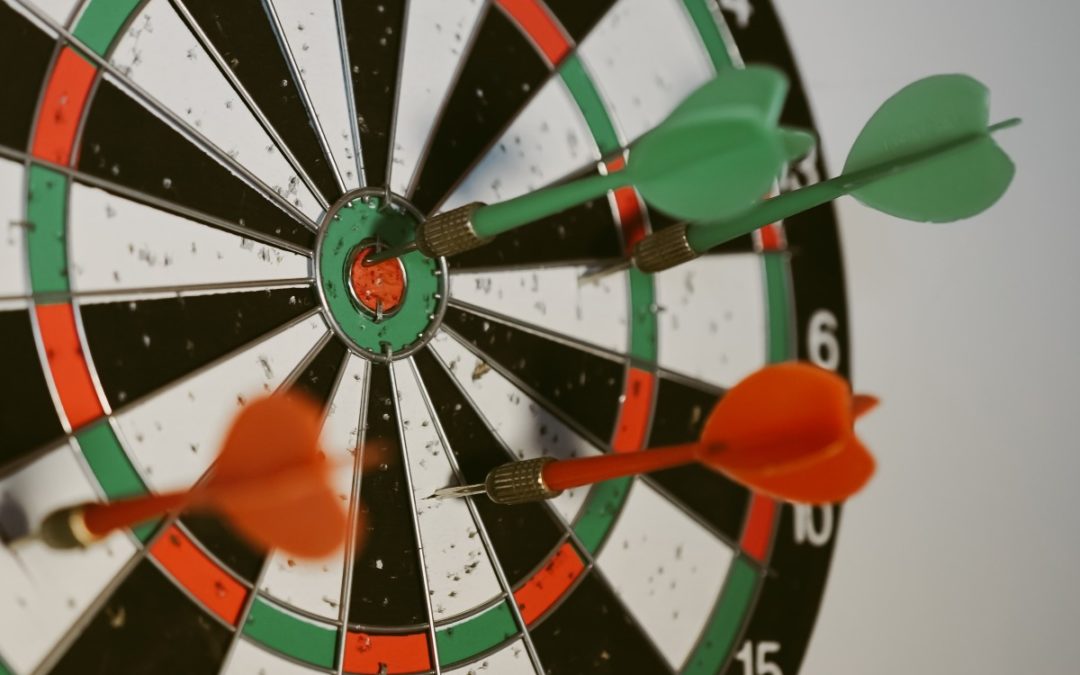In the process of recovery and self-improvement, you may have considered joining various groups focused on therapy or hobbies. Skills development groups can be an especially helpful option.
What Are Skills Development Groups?
Skills development groups can be used to help people who have a variety of psychological disorders and mental health struggles. These skill groups are highly beneficial for individuals in addiction recovery to develop the skills necessary to overcome different aspects of addiction. Skills development groups arise on a basis of cognitive-behavioral therapy (CBT) with a focus on developing skills to lead you to success.
Psychoeducational Groups
This form of a group teaches people to understand and implement knowledge about substance abuse and the potential dangers involved. Psychoeducational groups help people discover skills to recognize the signs and symptoms of addiction, properly respond to these situations, and improve self-awareness. While you are in recovery, these groups can remind you of the dangerous path you were on and reinforce your motivation to continue working toward or maintaining sobriety. Developing a sense of self-awareness is a very beneficial skill to have throughout addiction recovery.
Group therapy can be a benefit of joining a psychoeducational group. However, the unique benefits of these groups involve helping you develop skills that can be helpful to your recovery. To gain skills in a particular area, you have to be self-aware of your current state and understand the situations in which the skills need to be implemented. This knowledge is a basic structure to build on when learning any new skill.
Developing Coping Skills
The most common form of skills development groups is those that focus on improving coping mechanisms. Coping mechanisms are extremely important when you are working through any form of psychological trouble. In regards to addiction recovery, coping skills can help you work through different cravings and withdrawal effects when you are quitting the use of a substance. As well as helping you cope with withdrawal symptoms, these skills can also help you overcome the desire to continue substance use from both a physical and psychological standpoint.
While coping skills can greatly help with overcoming cravings and different aspects of addiction, they can also be used to benefit your mental health overall. Learning to implement these skills to help lower stress and frustration, anger, or any other negative emotion allows you to obtain mental stability that can ground you and make life more manageable.
Maintaining Abstinence
Another focus of skills development groups is to provide individuals with the necessary skills to maintain abstinence once outside of treatment. By combining simple life skills with the mental health skills that can help people avoid substance use, these groups help set individuals up for life-long success.
Skills learned to maintain abstinence will be used throughout the rest of your life. Developing confidence in using these skills before leaving treatment will help you prepare yourself for the challenges of post-treatment life. Having the ability to avoid a relapse and manage your sobriety goals will help keep you on an uphill recovery path.
Benefits of Skills Development Groups
One of the most beneficial factors of skills development groups is peer support. In treatment, you will learn a variety of helpful skills, but you may not receive a lot of opportunities to put those skills to use. Working with a group, you can practice these skills together and receive feedback to help you improve even more. Discussing your feelings toward the skills can help you feel supported and develop a deeper understanding of the practices at hand.
As well as giving you a time and place to practice these skills, these groups can also give you personalized skillsets that will benefit you. As you get to know yourself and other members of your group, you may discover new things you wish to learn that could benefit you in the real world. Having a small support group to share these discoveries with can help you maintain your individuality while going through recovery.
If you have struggled to find a strong support group throughout treatment or feel that your social circle is having a negative impact on your success, skills development groups can be a great way to build a new support structure. Practicing these skills with like-minded individuals can help you develop care for one another and continue to support each other through everyone’s recovery journey.
Similar to learning a new sports technique or throwing darts onto a target, developing recovery skills is a process, and you should not expect to be perfect your first time around. For someone to be successful with any skill, practice is required. Skills development groups will not only teach you the necessary information to obtain these skills but will also allow you to practice them in a safe environment. Having this practice time can make the use of these skills in your everyday life much easier.
Skills development groups can be extremely beneficial to gain new skills and practice them in a safe environment. Each skill development group may arise from a different focus, depending on what suits the group’s needs best, but the implementation of these skills can be beneficial to everyone. Managing your coping mechanisms and understanding when to use them are common focal points for many skills development groups. Developing skills to cope with external stressors and maintain abstinence can be greatly beneficial after treatment. As well as helping you gain new knowledge and practice, these groups can also provide you with a strong peer support system. Working with others and practicing as a team can strengthen your support group and motivation to succeed. To learn more about skills development groups and the benefit they can have on your recovery, reach out to Dream Recovery at (949) 732-1960.


Recent Comments